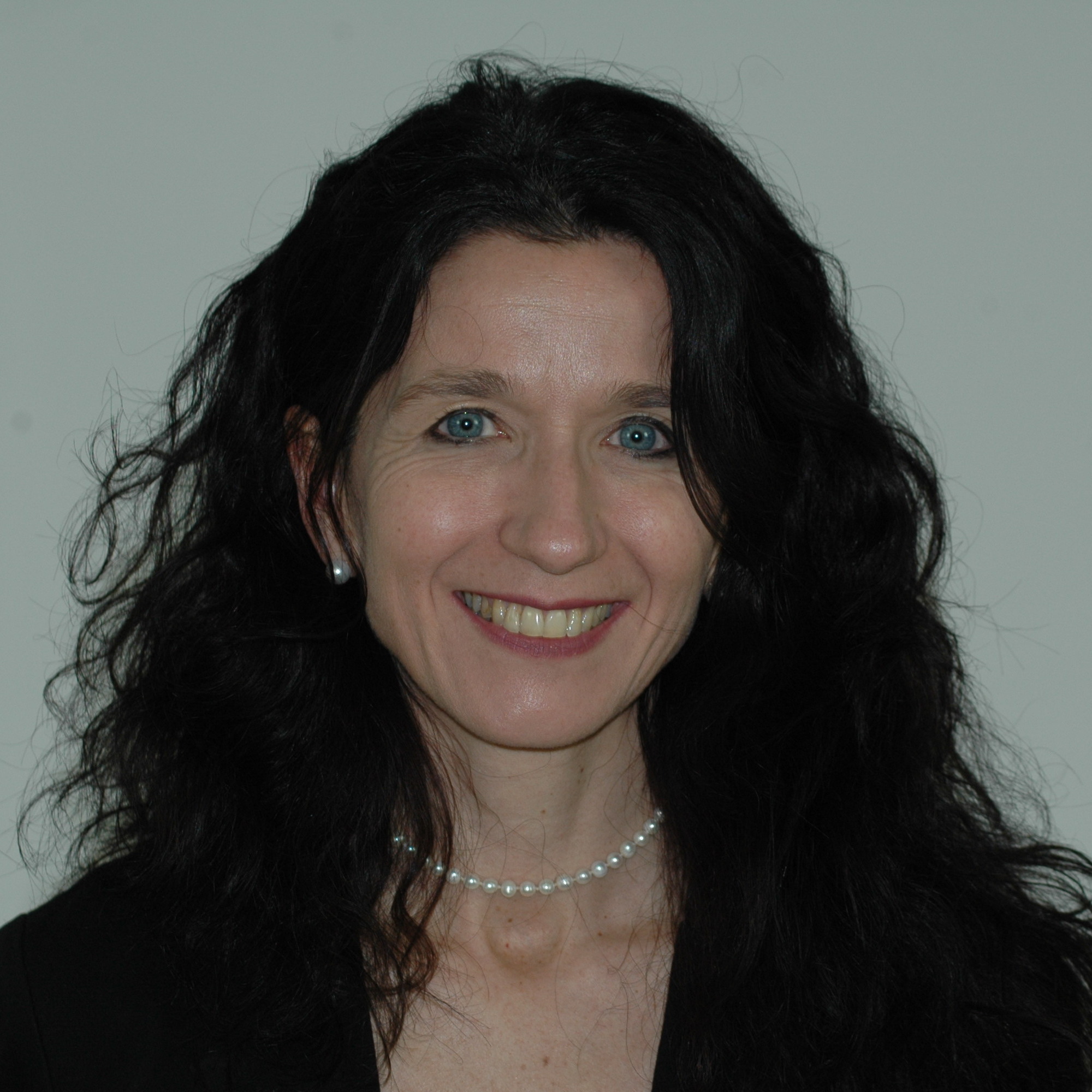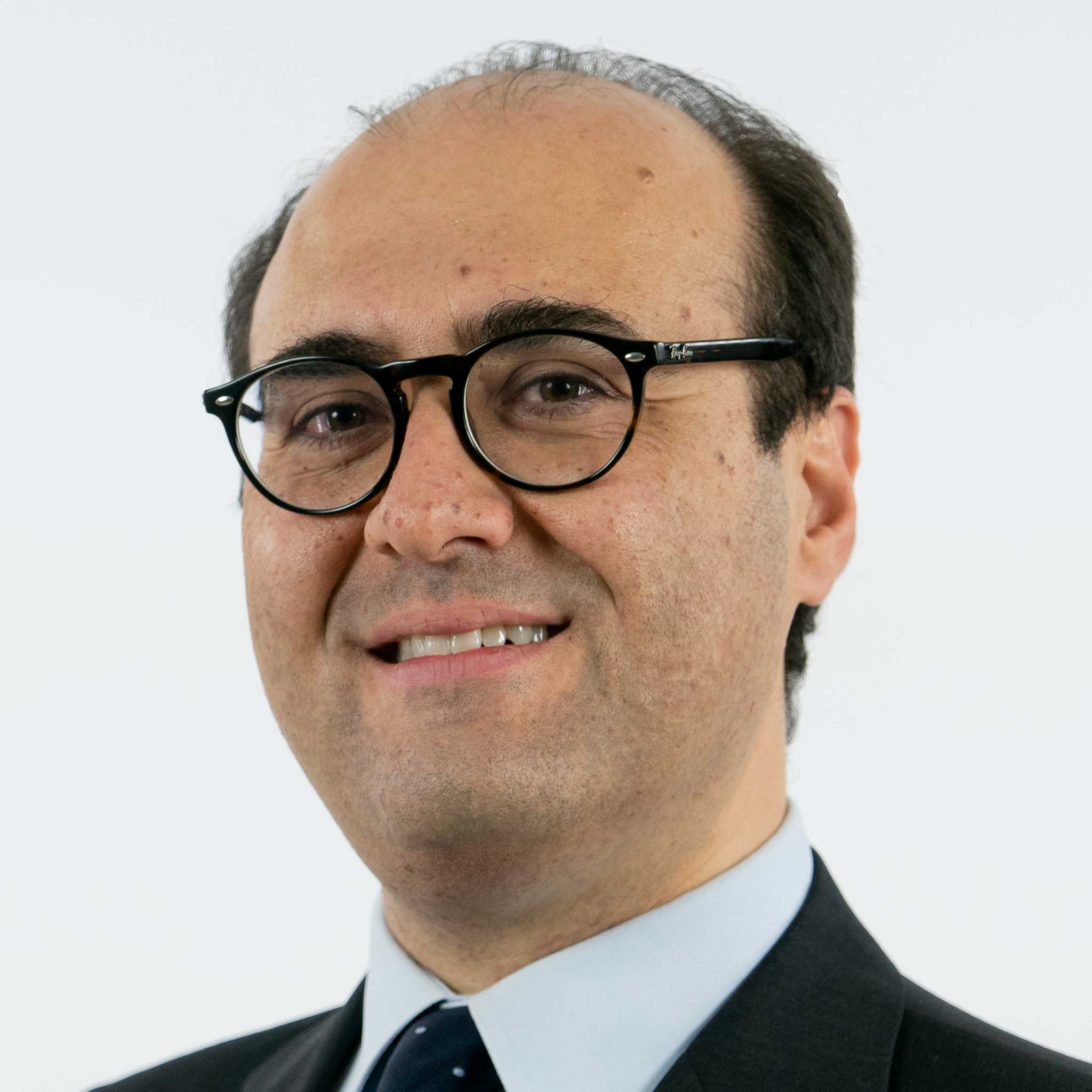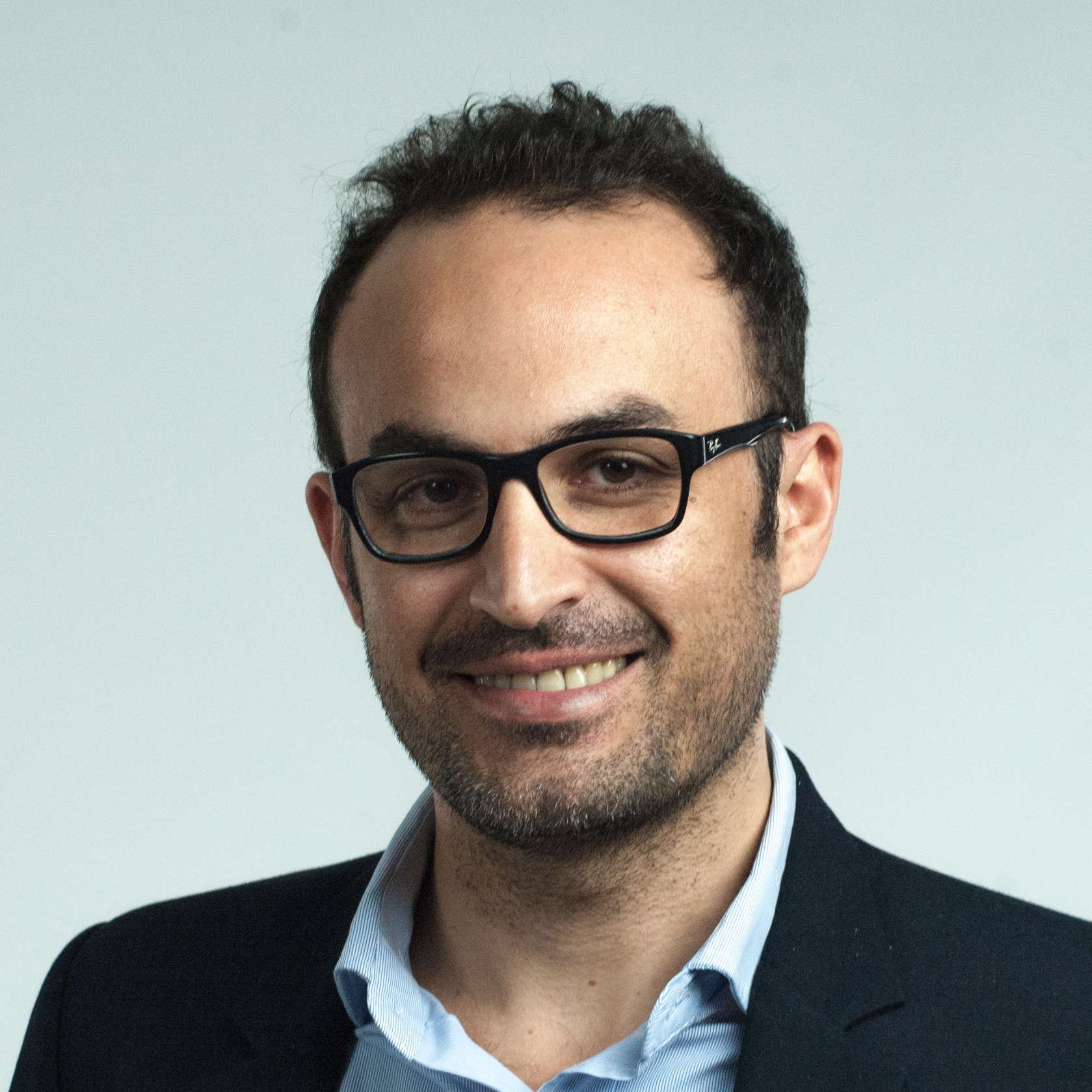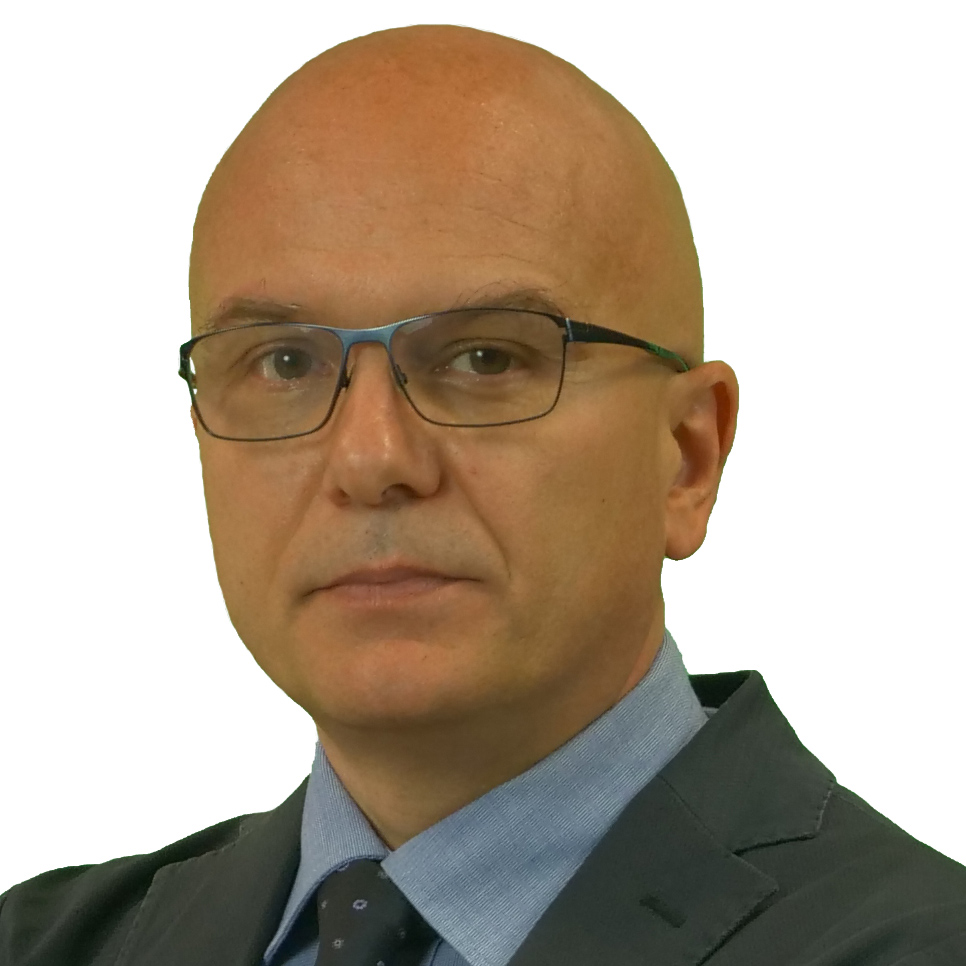Log in and enrol
Embracing the Next Production Revolution for a new Africa Narrative
Embracing the Next Production Revolution for a new Africa Narrative
A short introduction to the Next Production Revolution (NPR) paradigma as a means to achieve Sustainable Development Goals and unlock Africa’s potential to innovation.
Course description
The course is part of a series of Sprint MOOCs addressing the Next Production Revolution (NPR) paradigma, as a new wave of technological innovation with disruptive implications in production processes, society and environmental concerns. It addresses people from anywhere in the world, from industrialized economies as well as from “developing countries” and particularly from Africa.
This specific course will let you understand the importance to embrace the NPR in terms of achieving Sustainable Development Goals by identifying key technology clusters and enabling infrastructures.
In this course, you will learn to recognize how the confluence of technological innovation, matching with political, institutional and social innovations has the power to trigger a transformative process of our society and to contribute to a new narrative of Africa that leverages on innovation and human capital for the Continent’s prosperity.
Furthermore, we will give examples about the way in which innovation can empower Africa with regard to its international commitment, including climate change actions.
Six specific context (Ethiopia, Kenya, Mozambique, Niger, Nigeria, Tunisia) will be shortly analysed and some solution will be proposed as Restitution Phase from experts trained in the framework of the EMERGING AFRICAN INNOVATION LEADERS Program (Meron Lakew Tefera, Amhara Regional Agricultural Research Institute, Ethiopia; Shadrak Kyprono Kirui, Ministry of Energy and Petroleum, and Anthony Luvanda, Magharibi Innovation hub, Kenya; Fernando Lichucha, Mondlane University, and Lucia Joaquim Ginger, University of St. Thomas, Mozambique; Oumarou Issa Yero Diallo, General Secretariat of Government, Niger; Obindah Gershon, Covenant University, Nigeria and Blessing Onyeche Ugwoke, Politecnico di Torino; Elyes Chabanne, Government Presidency in Tunis, and Wyssal Abassi, School of Tunis, Tunisia).
After taking this Sprint MOOC you’ll be able to recognize how unlocking Africa’s potential through innovation and through human capital development is needed to extend the benefits of the New Production Revolution (NPR) to the continent.
Total workload of the course: 8 h
This MOOC is provided by Politecnico di Milano in collaboration with Politecnico di Torino

This series of Sprint MOOC is one of the main results of the Emerging african innovation leaders Program (G7 exchange & empowerment program for enabling innovation within the next production revolution).
Project partners:


Funded by:

Intended Learning Outcomes
By actively participating in this MOOC, you will achieve various intended learning outcomes (ILOs):
- Define and explain the concept of the Next Production Revolution (NPR); identify key technologies such as data analytics, robotics, 3D printing, synthetic biology, and nanotechnologies, and understand their socio-economic and environmental implications, including challenges related to productivity, skills, income distribution, and sustainability. ( ESCO - emergent technologies )
- Analyze how emerging technologies and enabling infrastructures can contribute to achieving the Sustainable Development Goals (SDGs) of the 2030 Agenda; analyze the role of technological innovation and infrastructure development in promoting sustainable development and addressing global challenges. ( ESCO - sustainable development goals )
- Recognize and discuss the social, economic, and political implications of the NPR in Africa; focus on human capital development, gender and youth inclusion in the labour market, and the establishment of equitable international partnerships for managing innovation. ( ESCO - innovation processes )
Prerequisites
No formal knowledge is required.
Activities
The forum of this MOOC is freely accessible and participation is not guided; you can use it to compare yourself with other participants, or to discuss course contents with them.
A Bibliography section is available, where you can find a list of resources that can help you in deepening the topics of the course.
Section outline
-
-
-
Week 1 - Converging technological, political and institutional innovations for a transformative change of our societies
Week 1 is related to the description of technological, political and institutional innovations supporting a transformative change of our societies.
-
Week 2 is focused on the Next Production Revolution and how it can contribute in the achievement of Sustainable Development Goals and to a further development of the African Continent.
-
Week 3 focuses on innovation projects for Africa: it briefly describes the main definition and characteristics of a Startups, then focuses on six African National Innovation Systems (Ethiopia, Kenya, Mozambique, Niger, Nigeria, Tunisia) and the project works developed in the framework of the "Emerging African Innovation Leaders Program".
-
-
-
Bibliography Page
-
Assessment
Your final grade for the course will be based on the results of your answers to the assessed quizzes. You have an unlimited number of attempts at each quiz, but you must wait 15 minutes before you can try again. You will have successfully completed the course if you score a total of 60% (or higher) in each of the assessed quizzes.
The maximum score possible for each quiz is given at the beginning of the quiz. You can view your score in the quiz on your last attempt or on the 'Grades' page.
Certificate
You can achieve a certificate in the form of an Open Badge for this course if you reach at least 60% of the total score in each one of the assessed quizzes and fill in the final survey.
Once you have completed the required tasks, you will be able to access Get the Open Badge and start issuing the badge. Instructions on how to access the badge will be sent to your e-mail address.
The Badge does not confer any academic credit, grade or degree.
Information about fees and access to materials
You can access the course completely online and absolutely free of charge.
Course faculty

Emanuela Colombo, Politecnico di Milano
Teacher
Emanuela Colombo is Full Professor in Engineering for Cooperation and Development and Advanced Thermodynamics and Thermoeconomics at the Department of Energy of Politecnico di Milano, where since 2005 she has also been serving as the Rector’s Delegate to the themes of Cooperation and Development. In 2012 she was named Chair holder of the UNESCO CHAIR in Energy for Sustainable Development and she is the current representative of the Italian academic system within the “National Council for Cooperation and Development”, appointed by the Conference of Italian University Rectors (CRUI).

Andrea Gumina, Ministero dello Sviluppo Economico
Senior Advisor
Andrea Gumina is Senior Policy Advisor on Innovation, Digital Economy and Next Production Revolution at the Cabinet Office of the Italian Minister of Economic Development (and Deputy Prime Minister) and Senior Advisor to the Italian Digital Agency for the development of Intelligent Public Procurement policies.
He also served as the Expert on Innovation, Next Production Revolution and Digital Economy at the Italian Prime Minister’s Sherpa G7 Unit under the G7 Italian Presidency (2017).
He has an active role in the young entrepreneurial community in Italy, having served several times as a Representative of Confindustria, promoted Start-Up Meetings and subsequently joined the US Partnership For Growth program.

Pierluigi Leone, Politecnico di Torino
Teacher
Pierluigi Leone is Associate Professor at the Department of Energy of Politecnico di Torino in Italy where he teaches “Sustainable Energy”, “Thermal Design and Optimization”, “Global Energy Trends and Outlook”. He is coordinator of the Massive Open Online Course – MOOC – “The strange paradox of the world energy question”. He was TEDx speaker at the , on October, 2016. He is coordinator of the Task Force “Energy and Development” of Politecnico di Torino in collaboration with the Energy Center Initiative that is committed towards finding sustainable energy solutions for both urban and rural areas of developing countries.

Stefano Mizio, PoliHub, Politecnico di Milano
Teacher
Stefano Mizio is Head of Startup Acceleration Programs & China Projects at Polihub, the Innovation District & Startup Accelerator of Politecnico of Milan. He has various work experiences with different private and nonprofit organizations with specific focus on Technology Strategy and how established companies can improve their innovation processes implementing startups and agile innovation methodologies, with hands-on experience starting companies. He is a teacher of the “Entrepreneurship Innovation & Startup course” at MIP School of Management – Polimi. He is a Speaker at the Global Entrepreneurship Congress. He also had experiences in Silicon Valley and UK as technology scout.
Contact details
If you have any enquiries about the course or if you need technical assistance please contact pok@polimi.it. For further information, see FAQ page.